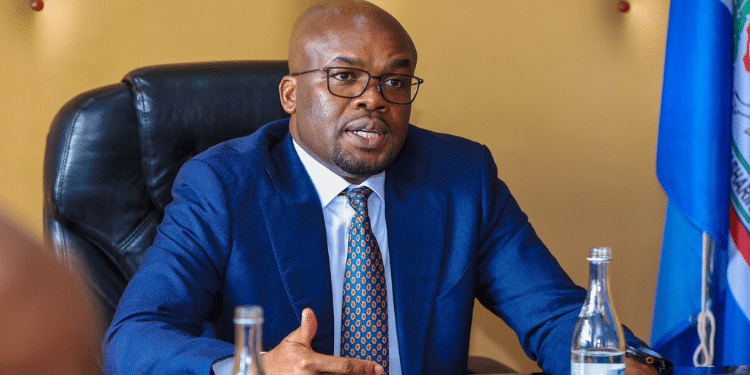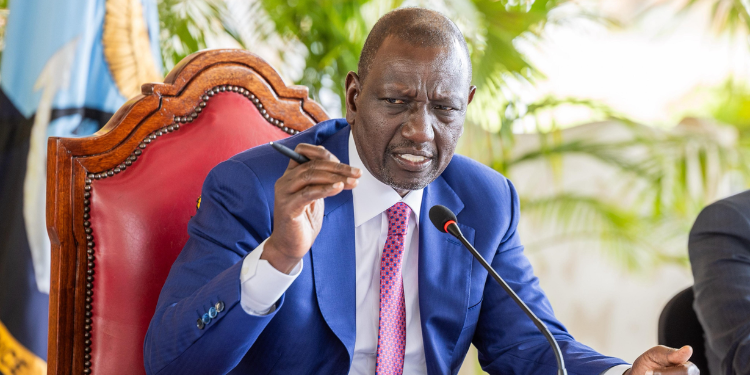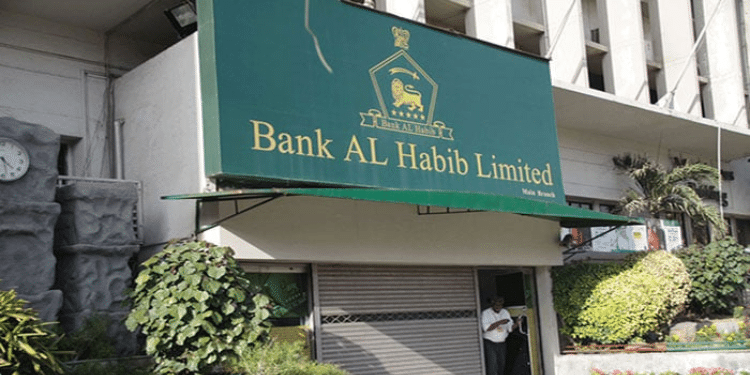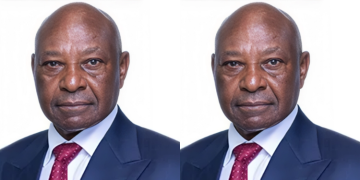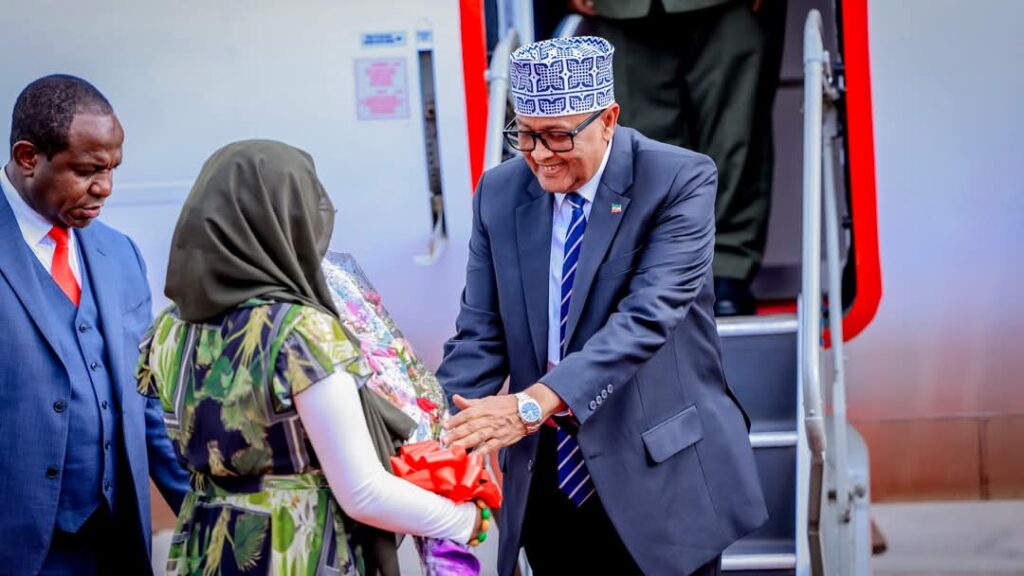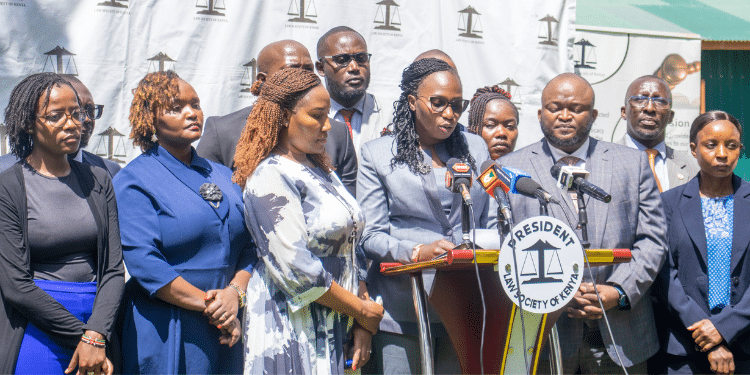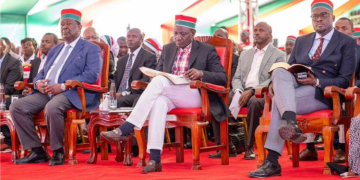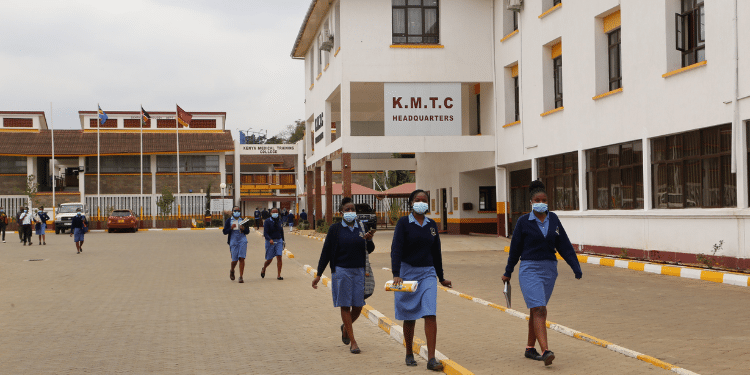The National Assembly’s Regional Development Committee has revealed that the government doesn’t know the exact number of refugees in Kenya.
During a high-level forum on refugee affairs organized in Mombasa, the Commissioner for Refugee Affairs, John Burugu, disclosed that the country’s current refugee database is managed solely by the United Nations High Commissioner for Refugees (UNHCR), with data stored in Hungary.
“We are supposed to be the custodian of this database and while we are involved in processing it, we do so as data processors for a third-party organization. I want to assure this Committee that we are working with partners to develop a more accurate and localized refugee database for Kenya,” he explained.
He further emphasized the uncertainty surrounding the accuracy of refugee numbers reported by the UNHCR.

“We cannot fully confirm that the numbers we receive from the UNHCR represent the actual refugee population in Kenya,” Burugu stated.
The forum was chaired by Sigor MP Peter Lochakapong, the Chairperson of the Regional Development Committee.
The forum, the first of its kind, gathered key stakeholders involved in refugee affairs to address ongoing challenges in the sector.
In his opening remarks, Lochakapong shared the results of a fact-finding mission to the Kakuma and Dadaab refugee camps.
MPs Assess the Condition of Refugees
Over the past two weeks, the Committee assessed conditions for refugees, engaged with local stakeholders, and met with host communities to inform a report that will be presented to the National Assembly.
“During our visits to the Camps and settlements, we interacted with both refugees and host communities to gather insights and the report we’re preparing will be crucial in shaping future policy on refugee matters,” the lawmaker said.
He expressed concern that Kenya had not conducted a comprehensive environmental, social, and political impact assessment despite hosting refugees for more than 30 years.
“Concerns raised by host communities include land disputes, environmental degradation, insecurity, lack of public participation in integration efforts, and the underfunding of the Department for Refugee Services,” said Lochakapong.
“There’s also increasing competition for resources between refugees and host communities, and dissatisfaction with the implementation of the Refugee Act 2021” he added.
Also Read: Details of Africa’s First Data Center Ruto Has Partnered with Microsoft to Build
Implementation of Refugee Act 2021
Committee Members supported the call for proper implementation of the Refugee Act 2021.
Voi MP Khamis Chome stressed the need for a clear, written refugee management policy in Kenya.
“We need a well-defined policy that clarifies the roles of all actors involved in refugee affairs, including the inclusion and participation of host communities,” Chome said.
Also Read: Inside New Govt Plan to Resettle 700,000 Refugees
How Policies Affect Host Communities
Additionally, Ganze MP Kazungu Tungule raised questions about the broader implications of Kenya’s refugee policies.
“Why are we focusing so much on defending the rights of refugees while neglecting the host communities? Do we have Kenyan refugees abroad, and if so, do they receive the same level of support that refugees in Kenya receive? We must ensure that host communities receive equal treatment to avoid creating tensions,” Tungule stated.
Garissa County Governor Nathif Adam also highlighted additional challenges faced by host communities, including environmental degradation, poaching, disease outbreaks, and the over-exploitation of the Merti Aquifer, which is shared by Kenya and Somalia.
Adam called for a comprehensive report that would guide the creation of a national policy on refugee affairs.
“Garissa County has hosted refugees for over 32 years on community land without compensation. We need to address this issue before the full implementation of the GISEDP integration plan,” said Governor Adam.
Addressing Security Challenges in Refugee Zones
Dr. Raymond Omollo, the Principal Secretary for Internal Security and National Administration, called for coordinated efforts to address the security challenges in refugee zones.
“Managing refugees presents complex challenges that require a multifaceted approach, balancing security, humanitarian needs, and regional cooperation,” Omollo said.
The Committee is expected to produce and present its findings in a report to be considered by the National Assembly.
Follow our WhatsApp Channel and join our WhatsApp Group for real-time news updates.


